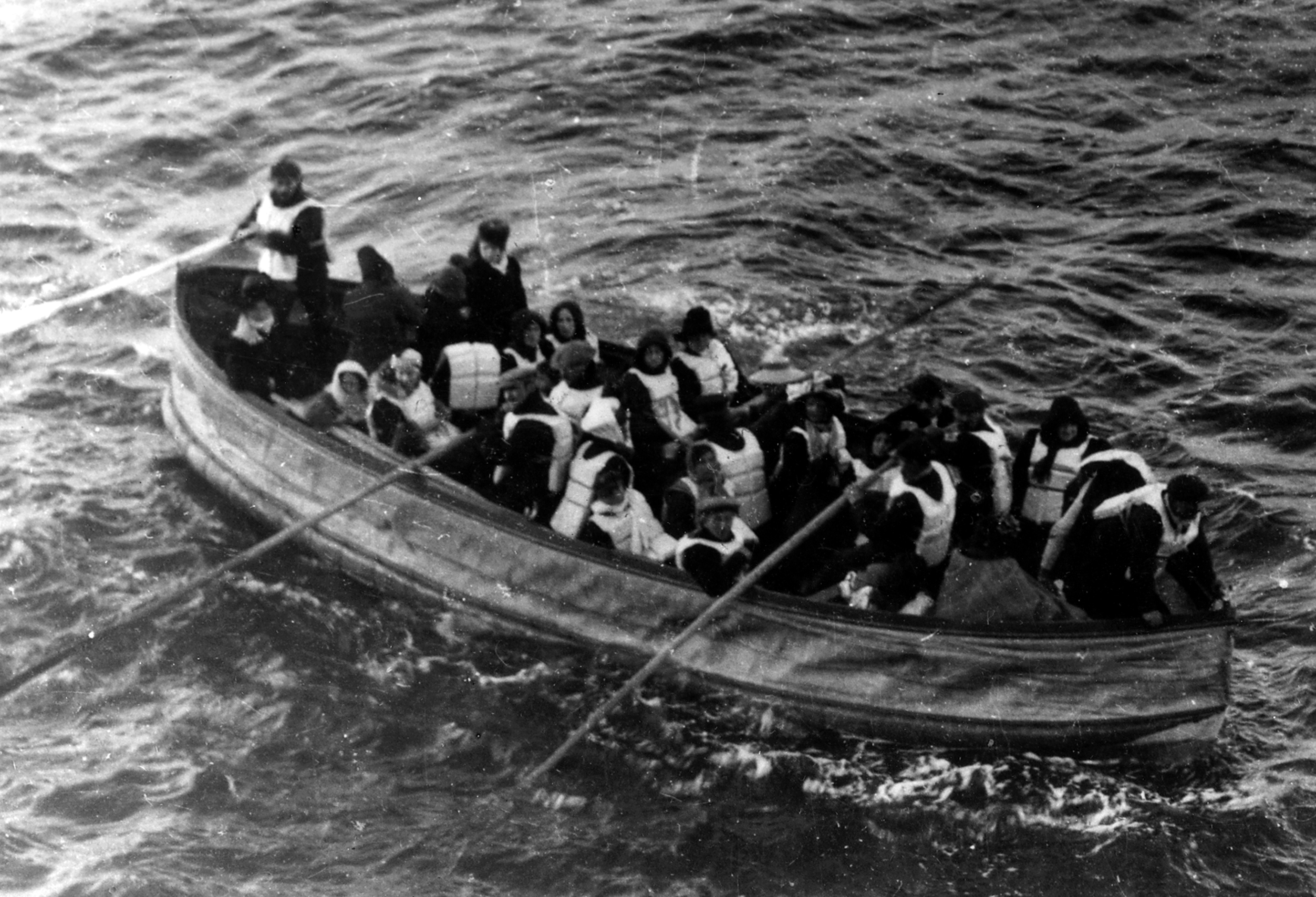The opening of “Automated Ethics,” Tom Chatfield’s excellent new Aeon essay about humans outsourcing moral quandaries to machines, which create some new challenges while eliminating many old ones:
“For the French philosopher Paul Virilio, technological development is inextricable from the idea of the accident. As he put it, each accident is ‘an inverted miracle… When you invent the ship, you also invent the shipwreck; when you invent the plane, you also invent the plane crash; and when you invent electricity, you invent electrocution.’ Accidents mark the spots where anticipation met reality and came off worse. Yet each is also a spark of secular revelation: an opportunity to exceed the past, to make tomorrow’s worst better than today’s, and on occasion to promise ‘never again.’
This, at least, is the plan. ‘Never again’ is a tricky promise to keep: in the long term, it’s not a question of if things go wrong, but when. The ethical concerns of innovation thus tend to focus on harm’s minimisation and mitigation, not the absence of harm altogether. A double-hulled steamship poses less risk per passenger mile than a medieval trading vessel; a well-run factory is safer than a sweatshop. Plane crashes might cause many fatalities, but refinements such as a checklist, computer and co-pilot insure against all but the wildest of unforeseen circumstances.
Similar refinements are the subject of one of the liveliest debates in practical ethics today: the case for self-driving cars. Modern motor vehicles are safer and more reliable than they have ever been – yet more than 1 million people are killed in car accidents around the world each year, and more than 50 million are injured. Why? Largely because one perilous element in the mechanics of driving remains unperfected by progress: the human being.
Enter the cutting edge of machine mitigation. Back in August 2012, Google announced that it had achieved 300,000 accident-free miles testing its self-driving cars. The technology remains some distance from the marketplace, but the statistical case for automated vehicles is compelling. Even when they’re not causing injury, human-controlled cars are often driven inefficiently, ineptly, antisocially, or in other ways additive to the sum of human misery.
What, though, about more local contexts? If your vehicle encounters a busload of schoolchildren skidding across the road, do you want to live in a world where it automatically swerves, at a speed you could never have managed, saving them but putting your life at risk?”
Tags: Tom Chatfield

